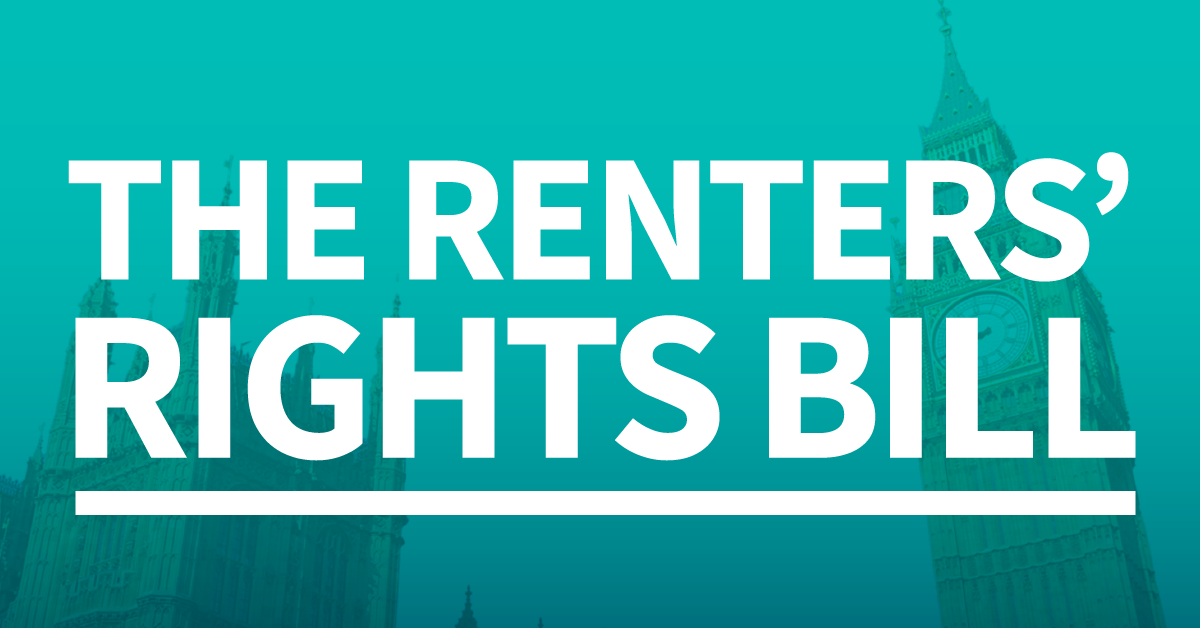

Renters’ Rights faces final hurdle – could landlords be left in limbo?
Monday will see the Renters’ Rights Bill return to the House of Commons for 'ping pong', the final stages before it moves into law.
Ping pong is the process by which the Bill bounces between the House of Commons and House of Lords until a final version is approved by both, and it is sent to the King for Royal Assent.
Set in stone?
At this late stage the vast majority of the Bill is set in stone, however the Government will likely be successful in removing some of the changes made to the Bill in the Lords earlier this year.
Unfortunately this means provisions such as the extension of the student ground to non-HMOs and the introduction of pet deposits are unlikely to form part of the final legislation. We expect the Government to use its massive majority to reject these changes.
This is despite our relentless work – backed up with solid evidence – to show how essential these elements are to the private rented sector (PRS).
But left in limbo?
With this in mind, we are now looking ahead to the implementation phase of the Bill to make sure this takes place in a way that ensures the PRS has time to adjust before the changes come into force.
Primarily, we want the Government to be clear and outline exactly when landlords will need to comply with the provisions in the Bill.
Frustratingly it has remained tight-lipped on timeframes, with concerns landlords could be left in limbo, if the Renters’ Rights Bill becomes law without information on when those new laws come into force. This will only serve to harm confidence in the sector.
Landlords, like all businesses, need certainty so they can properly plan how to manage their businesses, and this is why the Government needs to move quickly to outline when the Renters’ Rights Bill will begin to take effect.
Lead-in times
There are additional concerns that when the Government does finally announce implementation dates, the sector will not be given proper lead-in time in which to adjust practices and finalise paperwork.
In particular, the anxiety in the sector stems from a belief the Government may give the sector a short adjustment period before certain measures take effect.
This fear arises from previous statements by Matthew Pennycook who, in answer to a written question, stated that the Government wants “to see tenants benefit from these reforms as quickly as possible”.
What does the NRLA want to see?
From discussions with our members and our partners in the sector, we are clear that there should be a minimum of a six-month lead-in period before any provisions come into force.
Any announcement of implementation dates has to be coupled with an effective publicity campaign from Government to make sure landlords, agents, and tenants are aware of the dates so they can make the necessary arrangements and comply with the new laws.
Register for our latest Renters’ Rights webinar
Join our webinar on the 17th September where we’ll be explaining what happened during “ping-pong” and what the final Bill means the PRS.
Register here to be at the head of the queue on what the Bill entails for the sector so you’re ready to act when the new rules come into effect.
We are also running to webinars in the meantime to answer all the questions you have now – click here to find out more
More information
The NRLA has produced a guide outlining ways in which you can prepare for the bill along with a newly updated list of frequently asked questions.
We have also updated our assured shorthold tenancy agreements to make sure you are ready for the changes ahead.
And why not join the thousands of landlords who have already taken our Renters' Rights training course to ensure you are ready for the changes up ahead.

